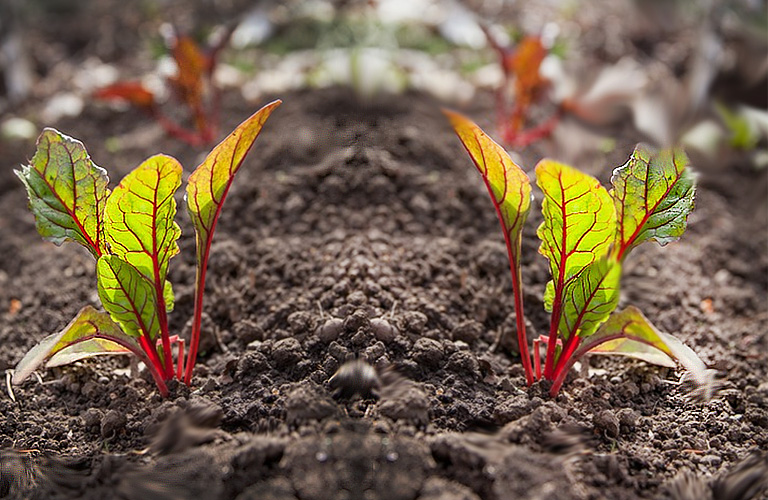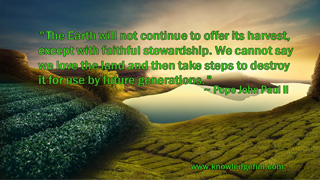Whether you are an avid gardener or just starting out, the idea of creating a garden using organic methods can seem overwhelming at first. But organic gardening is less daunting than you may think if you understand some basic principles and can be done right in your own backyard.
The first thing what distinguishes an organic garden from any other is the absence of synthetic fertilizers and pesticides. Synthetic chemical pesticides come from petroleum and other chemical sources while most organic pesticides are derived from plant, animal, microorganism, and mineral sources.
Learning the basics and working from the ground up to create a healthy base (free of synthetic fertilizers and pesticides) is the first step in creating a sustainable organic home garden.
A successful organic garden begins with healthy soil texture and structure. Well-draining soil comprised of sand, silt, clay, and compost amendment is ideal. However, most backyards have a ratio that leans heavily to one side. Ideally, soil should have 50 percent pore space and 50 percent solid particles. To achieve this ratio, compost can be worked into the soil. The best garden soils have a loose, crumb-like structure that water, air, and plant roots can easily penetrate.
FIND OUT MORE:

Soil fertility is the third component of healthy soil. The amount of nutrients in the soil, its texture, organic matter, and pH (the measure of alkaline), can all influence the fertility of soil. Organic gardeners often build the natural fertility by adding organic matter to preserve and improve soil structure and modify the soil's pH balance.









